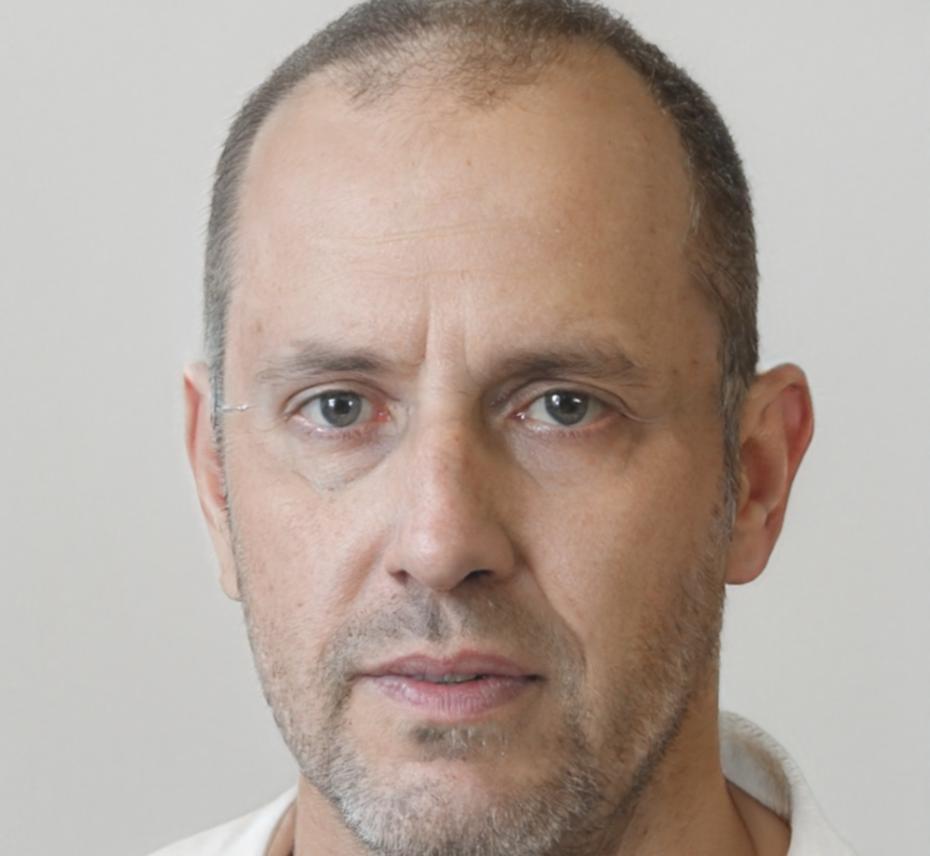Budget Mastery for Real Life
Learn practical money management from people who've been there. Our eight-month program starts in September 2025 and covers everything from tracking daily spending to planning for bigger financial goals. No jargon, no empty promises—just honest guidance.
Request Program Details

Harlan Beckett
Lead Budget Instructor
Harlan spent twelve years working in credit counseling before joining our team in 2022. He's helped over 400 individuals rebuild their finances. His teaching style? Direct, patient, and rooted in what actually works when money gets tight.

Soren Viklund
Planning Instructor
Soren came to us from community banking, where he spent fifteen years teaching workshops on savings and debt management. He breaks down complex topics into steps anyone can follow. Students appreciate his realistic approach to goal-setting.
Program Outcomes We Track
Most participants reach their first savings milestone within their first six months after completing the program
Based on our 2024 follow-up survey of past participants who continue using the methods they learned
Total instructional time including live sessions, workshops, and individual check-ins throughout the program
Common Questions
Organized by topic to help you find what you need
Program Basics
Our autumn 2025 program begins September 8th and runs through April 2026. We meet twice weekly for the first four months, then transition to monthly sessions. Applications open May 1st, 2025.
Plan for about five hours weekly during the first four months—that includes two evening sessions plus homework. The second half requires roughly two hours monthly. Most participants find the schedule manageable alongside work.
Enrollment
None, really. We've taught everyone from recent graduates to folks nearing retirement. You should have steady income of some kind and be ready to track your spending honestly. That's about it.
We cap enrollment at 18 per cohort. Smaller groups let instructors give individual attention and participants learn from each other's situations without feeling lost in a crowd.
Technical & Support
We teach methods that work with basic spreadsheets or even paper. Some participants use budgeting apps, and we cover those too, but you won't need to buy anything specific. Bring what you're comfortable with.
Yes. Instructors hold office hours twice weekly, and you can email questions anytime. We also have a private discussion forum where participants help each other troubleshoot—it gets pretty active.
Pricing
The full eight-month program costs
Budget Mastery for Real Life
Learn practical money management from people who've been there. Our eight-month program starts in September 2025 and covers everything from tracking daily spending to planning for bigger financial goals. No jargon, no empty promises—just honest guidance.
Request Program Details

Harlan Beckett
Lead Budget Instructor
Harlan spent twelve years working in credit counseling before joining our team in 2022. He's helped over 400 individuals rebuild their finances. His teaching style? Direct, patient, and rooted in what actually works when money gets tight.

Soren Viklund
Planning Instructor
Soren came to us from community banking, where he spent fifteen years teaching workshops on savings and debt management. He breaks down complex topics into steps anyone can follow. Students appreciate his realistic approach to goal-setting.
Program Outcomes We Track
Most participants reach their first savings milestone within their first six months after completing the program
Based on our 2024 follow-up survey of past participants who continue using the methods they learned
Total instructional time including live sessions, workshops, and individual check-ins throughout the program
Common Questions
Organized by topic to help you find what you need
Program Basics
Our autumn 2025 program begins September 8th and runs through April 2026. We meet twice weekly for the first four months, then transition to monthly sessions. Applications open May 1st, 2025.
Plan for about five hours weekly during the first four months—that includes two evening sessions plus homework. The second half requires roughly two hours monthly. Most participants find the schedule manageable alongside work.
Enrollment
None, really. We've taught everyone from recent graduates to folks nearing retirement. You should have steady income of some kind and be ready to track your spending honestly. That's about it.
We cap enrollment at 18 per cohort. Smaller groups let instructors give individual attention and participants learn from each other's situations without feeling lost in a crowd.
Technical & Support
We teach methods that work with basic spreadsheets or even paper. Some participants use budgeting apps, and we cover those too, but you won't need to buy anything specific. Bring what you're comfortable with.
Yes. Instructors hold office hours twice weekly, and you can email questions anytime. We also have a private discussion forum where participants help each other troubleshoot—it gets pretty active.
Pricing
The full eight-month program costs $1,850. We offer payment plans—many students split it into eight monthly installments of $235. Three partial scholarships are available each cohort based on financial need.

What You'll Actually Learn
We build skills gradually. Each phase introduces new concepts while reinforcing what you've already practiced. By April, budgeting becomes habit rather than homework.
Foundation Phase
Four weeks of tracking every dollar. Sounds tedious, but it's the only way to see where money actually goes. We'll help you categorize spending and identify patterns you probably didn't notice before.
Budget Creation
Six weeks building your first realistic budget. We'll work through fixed expenses, variable costs, and the stuff that always gets forgotten. You'll adjust it at least three times—that's normal.
Adjustment Period
Two months living with your budget and fixing what doesn't work. This is where theory meets real life. Expect to revise categories, tweak amounts, and learn what "reasonable" means for your situation.
Goal Planning
Final three months focusing on what comes next. We cover emergency funds, debt payoff strategies, and saving for specific goals. You'll leave with a plan that extends beyond the program.

What You'll Actually Learn
We build skills gradually. Each phase introduces new concepts while reinforcing what you've already practiced. By April, budgeting becomes habit rather than homework.
Foundation Phase
Four weeks of tracking every dollar. Sounds tedious, but it's the only way to see where money actually goes. We'll help you categorize spending and identify patterns you probably didn't notice before.
Budget Creation
Six weeks building your first realistic budget. We'll work through fixed expenses, variable costs, and the stuff that always gets forgotten. You'll adjust it at least three times—that's normal.
Adjustment Period
Two months living with your budget and fixing what doesn't work. This is where theory meets real life. Expect to revise categories, tweak amounts, and learn what "reasonable" means for your situation.
Goal Planning
Final three months focusing on what comes next. We cover emergency funds, debt payoff strategies, and saving for specific goals. You'll leave with a plan that extends beyond the program.